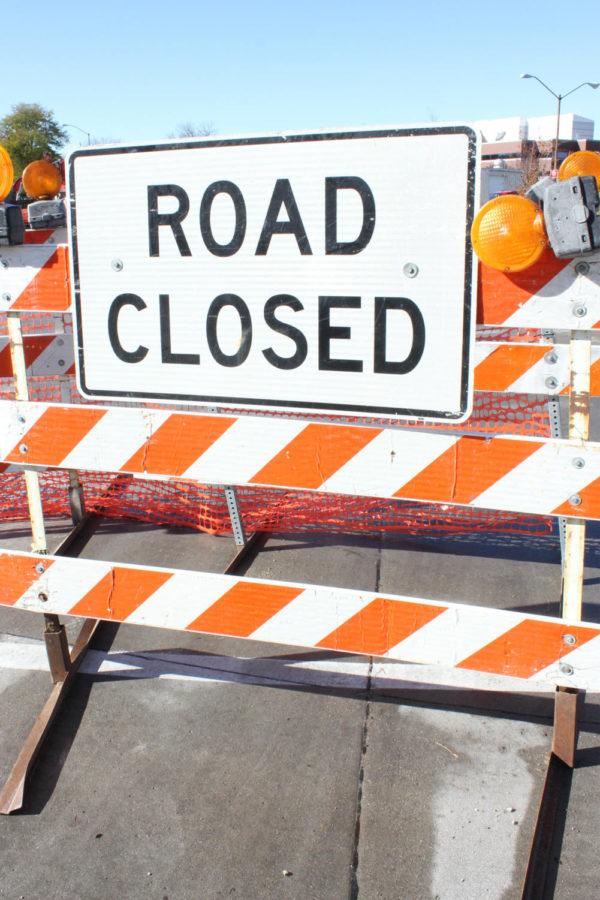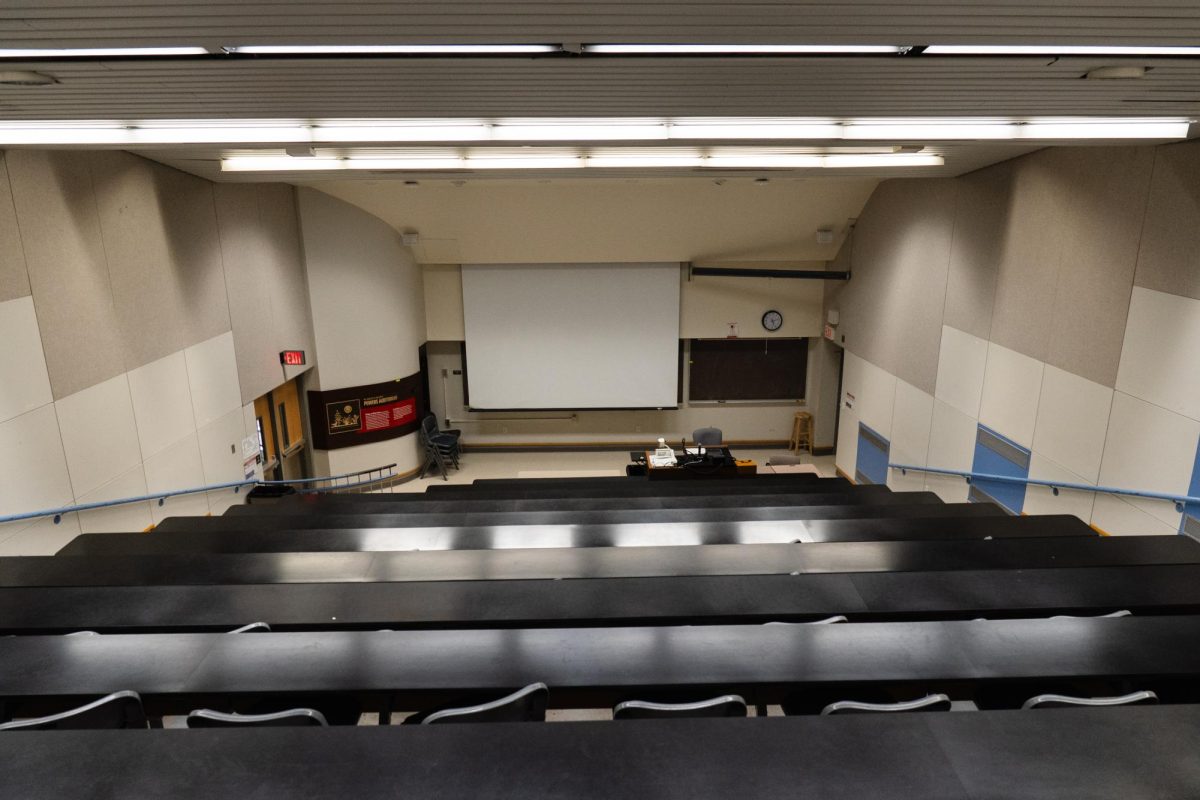Policinski: The First Amendment is hard at work
April 20, 2015
The “blue collar” amendment in the Bill of Rights is hard at work today – again.
You may not think of the First Amendment in working terms. More likely, you don’t think of it at all – or if you do, it’s associated with harpsichord music and Colonial times.
But while all 10 of the amendments in the Bill of Rights are concerned with our rights, it’s the First Amendment that defines the core freedoms most used on a daily basis – and which most define who we are as “the Land of the Free.”
We wake with those freedoms in the morning when we catch that sunrise news program on TV, the news break on radio while we ride to work, or when we check our mobile phones for breaking news updates or tweets from friends.
We use it when we don’t worry about e-mailing a note to someone, or posting a political comment on social media, or making the satirical remark during a cell phone conversation, or just chatting with someone whose beliefs are not as widely shared as others.
We don’t worry that any of that will bring a draconian knock on the door at home in the middle of the night – or worse.
But around the world, millions of people do worry. They don’t have a First Amendment shield against government repression, censorship or imprisonment.
Since 1997, the Newseum Institute’s First Amendment Center has conducted an annual nationwide survey about how Americans feel about their First Amendment freedoms.
The survey through the years show that Americans are not up to speed about their basic freedoms, that fear of terrorism has deeply affected this nation, but also that we hold precious our core freedoms as a means of national “self-correction” when we see that need.
Typically, only 5 out of 100 of us can even name the five freedoms in the First Amendment. It’s been as low as 1 out of 100, and in any given year about one-third of us cannot name any.
So take a little quiz right now. (Obviously, we’re on the honor system here.)
Question one: What are the five freedoms in the First Amendment?
Did you say: religion, speech, press, assembly and petition?
Question two: Does the First Amendment go too far in the rights it guarantees?
The first question tests basic knowledge. The results for the nation during the past 18 years are shockingly low – but the argument is made that after nearly 225 years after ratification of the Bill of Rights, most of us “know” them even if we cannot formally name them.
But the second question tests our commitment to freedom – and in some years we have failed there too. The 2002 survey found 49 percent of us thought we had too much liberty – that was about eight months after the “9/11” attacks. While that response was much higher than the annual average, a smaller yet dramatic rise occurred after the Boston Marathon bombing in 2013.
What brings about this willingness by many to exchange big chunks of liberty for what we may believe is a bit more safety?
I believe it’s fear, which has driven this nation in the past to acts and actions that we later rejected as stains on the flag of freedom. In just the past century, we’ve experienced the “Red Scare” deportations and prison sentences during and after World War I; internment of innocent Japanese-Americans during World War II; the excesses of McCarthyism in the 1950s; the illegal surveillance activities of government in the 1950s, ‘60s and ‘70s against civil rights leaders, anti-war protesters and political opponents.
Lest you think such was all in the past, consider the improper and quite likely illegal search and seizure of Associated Press telephone data in 2014, in what appears to have been little more than a fishing expedition by federal authorities chasing down what they said were national security “leaks.”
Another factor in the lack of knowledge and support of First Amendment freedoms is that we don’t teach much about them or the Constitution in the depth once thought necessary.
As it happens some students in the Denver area last year taught us all about the First Amendment by practicing it. They assembled and petitioned the local school board to reject a proposal to “sanitize” their Advanced Placement history classes by eliminating references to parts of our history that were not positive enough, or sugar-coating those issues. It seems that they won – for now.
When President Bush addressed the nation in 2001 just days after the cowardly “9/11” attacks, he cautioned us that “freedom and fear are at war.” He noted that the terrorists targeted the United States because we embrace liberty.
“The terrorists hate our freedoms: our freedom of religion, our freedom of speech, our freedom to vote and assemble and disagree with each other,” the president told us. [I’m sure he meant to include freedom of the press!]
Ironically, at the very time our lives were threatened by lawless thugs who hate our way of life, Americans were more willing than ever to give up freedoms that other people in the world are ready to die for.
The Founding Fathers risked both life and liberty in a very real way in the pursuit of democracy and freedom. We must pick up their challenge to use our core freedoms to make this a better nation.
The good news is that freedom works. From unfettered news coverage of the civil rights movement that touched a nation’s conscience 50 years ago, to the power of vocal protests in Ferguson, Mo., and elsewhere today about modern-day bigotry, the power of First Amendment freedoms is on display – and at work.
Faith-based differences are in the headlines, but those issues are being addressed in courts and in the court of public opinion, not with the weapons and brutality elsewhere in the world. And even as we struggle with our differences, this nation welcomes and protects all faiths in an increasingly pluralistic society.
The nation’s Founders had an abiding belief that the core freedoms of religion, speech, press, assembly and petition were not simply part of the constitutional means to construct a democratic republic, but the workmanlike tools that would sustain it.
Our obligation as citizens, having been handed those tools by earlier generations, is to get back to work on preserving, protecting and practicing them.

















